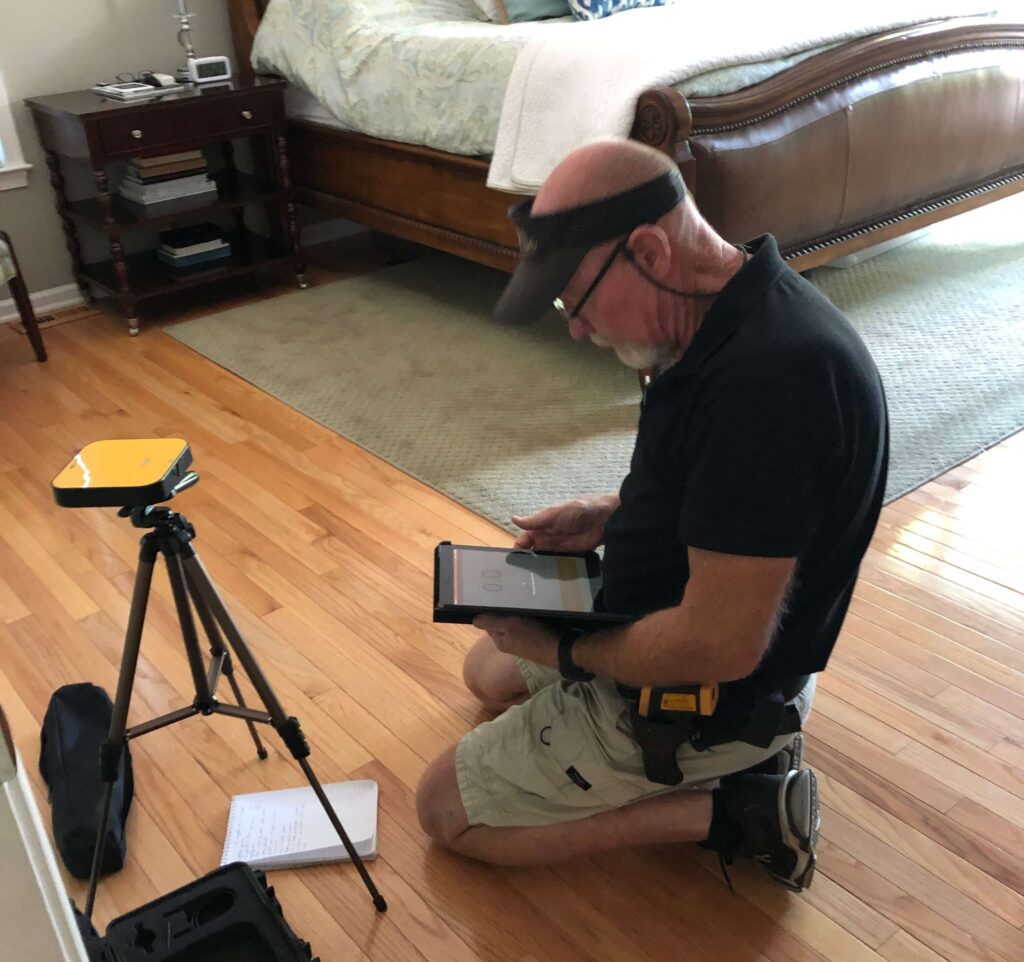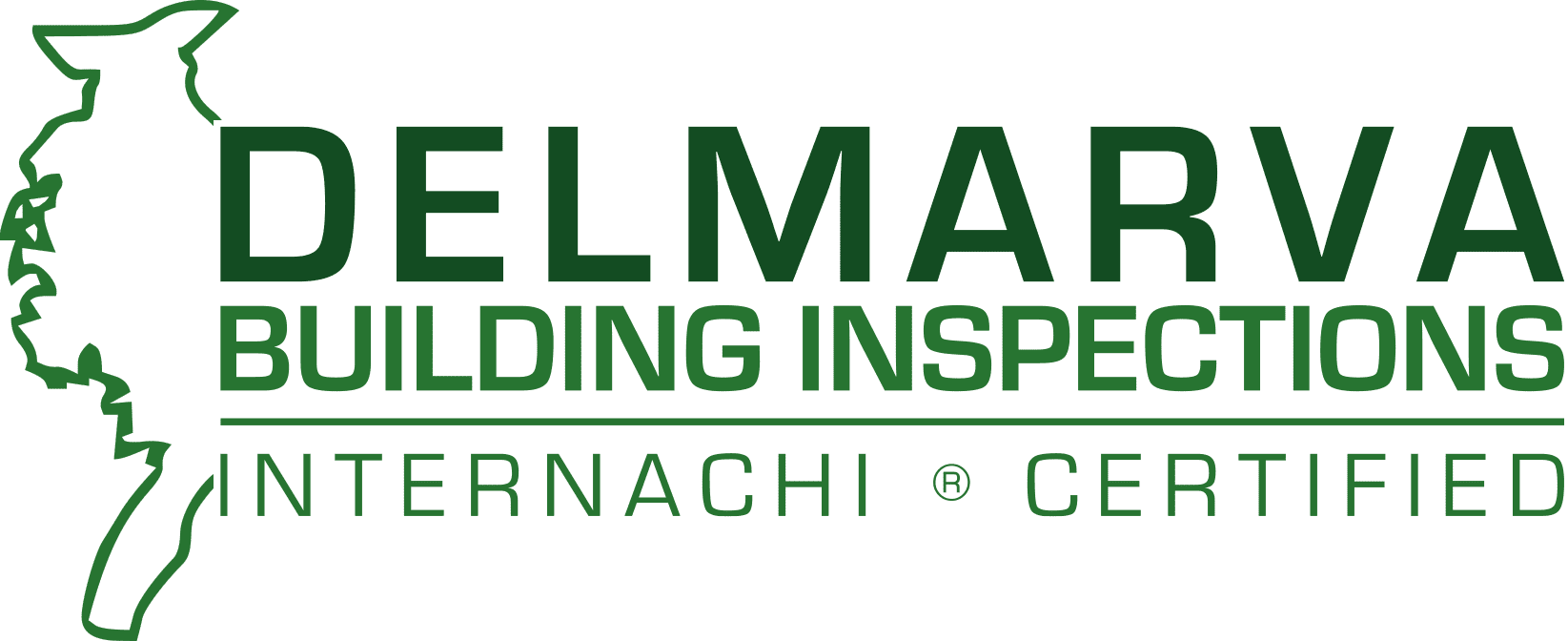It Allows Sellers to Address any Problems in Advance
Moreover, a home inspection serves as a crucial tool for negotiating repairs or adjustments in the purchase price. By identifying any issues or deficiencies through the inspection process, buyers can request repairs or negotiate a lower price to account for the necessary fixes. For sellers, conducting inspections prior to listing the property allows them to address any problems in advance, increasing the chances of a smooth transaction and potentially maximizing the value of their property. Understanding the different types of home inspections and their significance empowers both buyers and sellers to navigate the real estate market with confidence and ensure that their investment aligns with their expectations.

General Inspections: Provides a Broad Understanding of the Property’s Condition
General inspections are the most common home inspection type and cover a property’s overall condition. A certified home inspector examines the structure, foundation, exterior, interior, heating and cooling systems, insulation, ventilation, plumbing, and electrical systems. This inspection helps identify any existing or potential problems, such as water leaks, faulty wiring, or structural issues. A general inspection is typically recommended for both buyers and sellers, as it provides a broad understanding of the property’s condition.
Additionally, during a general inspection, the home inspector will assess the overall safety and compliance of the property with building codes and regulations. They will check for potential health hazards, such as the presence of mold, asbestos, or radon gas. These inspections also evaluate the quality of the property’s insulation and ventilation systems, ensuring energy efficiency and comfortable living conditions. By thoroughly examining all aspects of the property, general inspections give buyers and sellers peace of mind and enable them to make well-informed decisions based on a comprehensive evaluation of the property’s overall condition and safety.
Roof Inspections: Ensure the Roof’s Integrity
A roof inspection focuses specifically on the roof’s condition, including its materials, age, integrity, and potential for leaks or damage. The inspector will examine the roof’s shingles, flashing, gutters, downspouts, and overall structural soundness. Roof inspections are crucial, as a damaged or poorly maintained roof can lead to extensive water damage and costly repairs. Inspecting a roof before purchasing a property or when selling is important to ensure the roof’s integrity.
Electrical Inspections: Ensuring the Safety and Functionality of a Property’s Electrical Systems
Electrical inspections evaluate the electrical systems and components of a home. A certified electrician will examine the wiring, outlets, circuit breakers, switches, lighting fixtures, and other electrical connections. This inspection aims to identify any electrical hazards, such as outdated wiring, improper installations, or overloaded circuits. Electrical inspections are essential for ensuring the safety and functionality of a property’s electrical systems and preventing potential fire hazards.
Furthermore, an electrical inspection focuses on safety and promotes energy efficiency within the property. During the inspection, the electrician will evaluate the electrical system’s capacity and assess whether it meets the demands of modern appliances and technology. They may also provide recommendations on energy-saving measures, such as installing energy-efficient lighting or upgrading to more efficient electrical components. By conducting an electrical inspection, homeowners can ensure their property meets the necessary safety standards, reduce the risk of electrical fires, and optimize energy usage, leading to potential cost savings in the long run. Maintaining a secure and efficient electrical system within the home is essential.
Plumbing Inspections: Overall Functionality and Efficiency of The Property’s Plumbing System
Plumbing inspections assess a home’s plumbing system, including pipes, drains, fixtures, water heaters, and sewage systems. A professional plumber will look for leaks, water pressure issues, drainage problems, and signs of corrosion or blockages. A plumbing inspection helps identify hidden issues that may lead to water damage or costly repairs. It is recommended to conduct a plumbing inspection to ensure the overall functionality and efficiency of the property’s plumbing system.
In addition, a plumbing inspection goes beyond identifying visible issues and also examines the overall water quality and efficiency of the plumbing system. The inspector may conduct tests to assess water pressure and flow rates and check for any potential contaminants. This comprehensive evaluation ensures that the property’s plumbing system meets safety standards and provides occupants with a clean and reliable water supply. By conducting a plumbing inspection, homeowners can proactively address any plumbing concerns, avoid potential water-related damages, and ensure a healthy and efficient plumbing system within their homes.
Termite Inspections: Highly Recommended Before Purchasing a Property
Termite inspections are specifically focused on identifying the presence of termites or other wood-destroying organisms. A licensed pest control expert examines the property for signs of termite infestation, such as mud tubes, damaged wood, or insect activity. These inspections are essential, as termites can cause severe structural damage if left untreated. Lenders often require termite inspections and are highly recommended before purchasing a property.
Moreover, termite inspections provide homeowners with peace of mind by detecting potential threats to the property’s structural integrity. Termites and other wood-destroying organisms can silently and extensively damage the wooden components of a home, compromising its stability and value. A professional termite inspection helps identify early signs of infestation, allowing homeowners to take timely measures for treatment and prevention. By addressing termite issues promptly, homeowners can mitigate the risk of costly repairs and maintain the long-term durability and value of their property. Therefore, conducting a termite inspection is vital for both buyers and sellers, ensuring the protection of their investment and providing reassurance about the property’s structural soundness.
Comprehensive Assessment of a Property
All home inspections play a vital role in providing a comprehensive assessment of a property’s condition. While general inspections cover many areas, specific inspections address crucial aspects that require expert attention. By conducting multiple inspections, buyers can have a comprehensive understanding of a property’s strengths, weaknesses, and potential repair costs.
Moreover, these home inspections also benefit sellers by allowing them to address any issues proactively. Sellers can choose to fix identified problems or adjust the property’s price accordingly. By being transparent about the property’s condition, sellers build trust with potential buyers and reduce the likelihood of negotiations falling through due to unexpected issues.
Home Inspections Facilitate a Smooth and Successful Real Estate Transaction
Understanding the different types of home inspections available is crucial when buying or selling a property. From general inspections to specific assessments like roof, electrical, plumbing, and termite inspections, each type contributes to a comprehensive evaluation of a property’s condition. Buyers can make informed decisions by investing in these inspections, and sellers can ensure their property is in the best possible condition. Ultimately, a thorough home inspection protects the interests of both buyers and sellers and facilitates a smooth and successful real estate transaction. Delaware Contractor License #2016600660


















